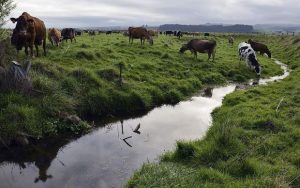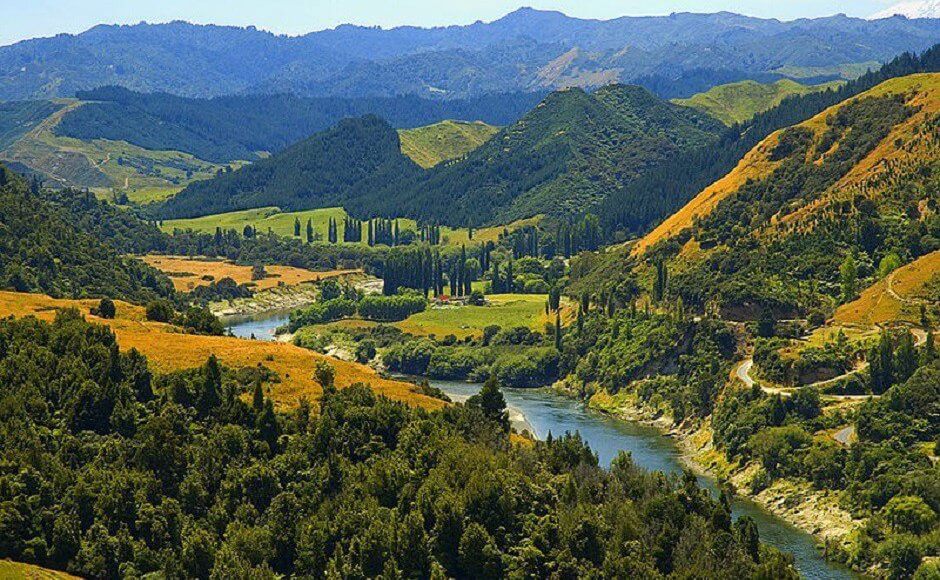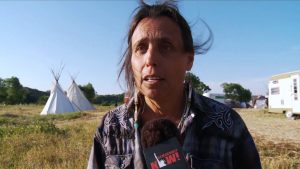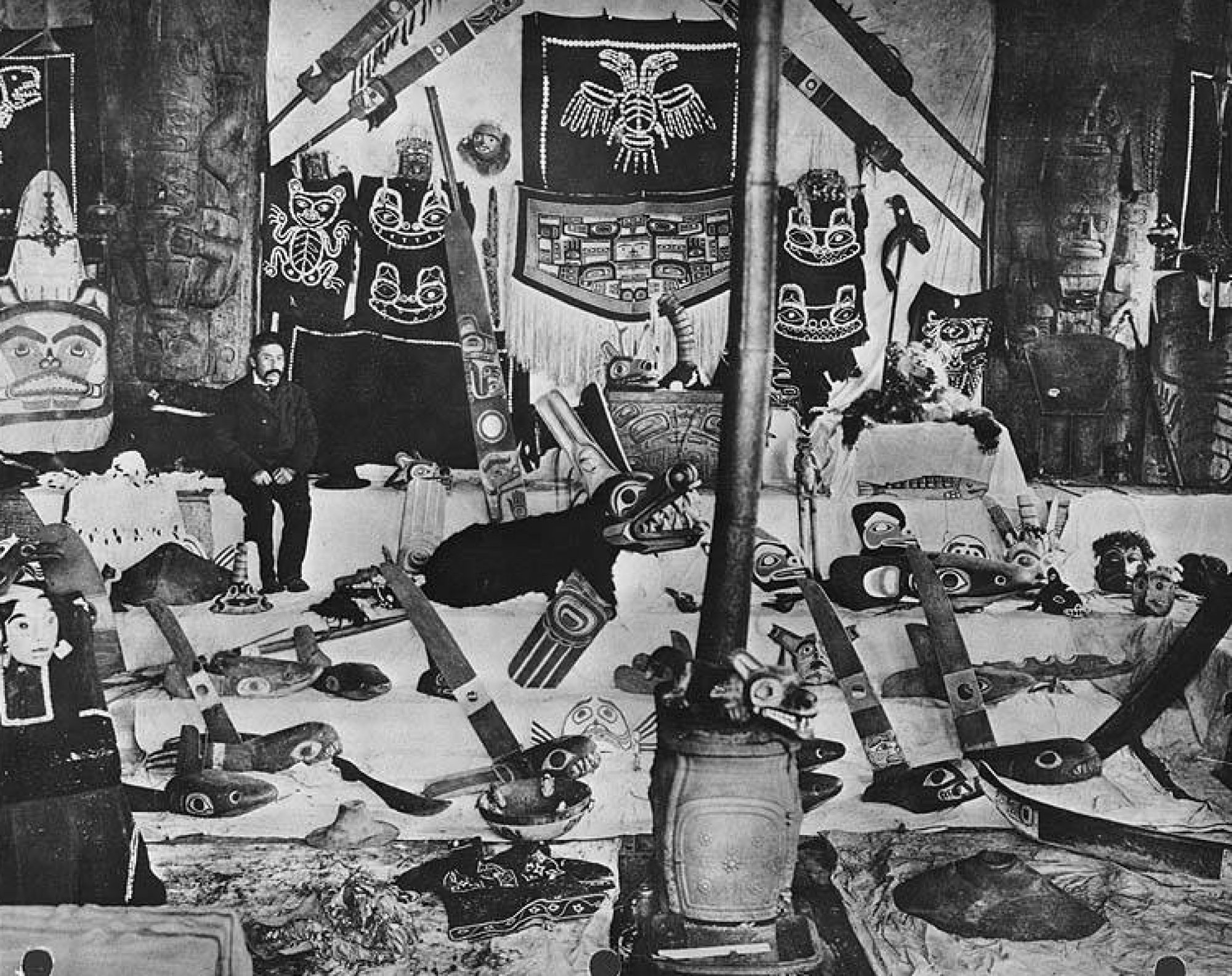Biographical Timeline | Leadership Qualities | Whanganui Water Rights | References
Colonization is destructive and ongoing, and manifests in similar ways around the world.
In many ways, the external threats faced by Winona LaDuke and the Ojibwe, are very similar to the challenges faced by other indigenous nations fighting for their sovereignty and their rights to self-determination.
The Whanganui iwi (tribe), for example, is located thousands of miles away from the Ojibwe nation, on Aotearoa (an island more commonly known as New Zealand). Their struggle to protect their waters from the harms of the colonial government is similar to the work that Winona LaDuke does today.

Water is threatened in Aotearoa.
How is it threatened? Let us count the ways…
For starters, it has been poisoned. Gallons of human and animal waste flood the waterways. Although the New Zealand government has botched sewage control for decades, many blame an unregulated dairy farming boom for the recent increase in fecal contamination. The resulting level of E. coli contamination has left many lakes and rivers unsafe for people to touch, much less to swim in – and by 2017 the drinking water of Aotearoa was contaminated to the point of emergency. Nutrient-rich plant fertilizers escape from agricultural farms as well, and can feed the overgrowth of harmful algae. Heavy metals, rubber, and petroleum byproduct also contaminate the water when they wash off of roads and out of urban areas. Furthermore, many industries obtain the right to dump waste directly into the waterways of Aotearoa.
The riparian ecosystem has been damaged as well. The amount of available water decreases every year, as the New Zealand government relies economically on agriculture, and issues water rights to farmers with unsustainable irrigation practices. Furthermore, dams and poor forestry tactics deform rivers and degrade the health of the ecosystem.
These issues clearly affect everybody who lives on the island – whether they are members of an iwi, or not. However, for the Māori people, New Zealand’s attack on the water supply is simultaneously an attack on Māori sovereignty.
What is sovereignty? Who has sovereignty in Aotearoa?
Absolute sovereignty. In Māori, tino rangatiratanga.
Māori leaders signed a treaty with the British Crown in 1840, which Britain then used to claim ownership of and sovereignty over Aotearoa. There were two versions of the this treaty: one written in English and signed by the Crown, and the other written in Māori and signed by Māori leaders. In the Māori version of the treaty, although the leaders ceded governorship (kawanatanga) to the British in return for protection, they retained tino rangatiratanga. Absolute sovereignty. Because of this difference in language, the Waitangi Tribunal determined in 2014 that the Māori people did not legally sacrifice their sovereignty. And yet, the Māori people still live under the rule of a colonial government which retains the ability to rule over their people and their land.

Whanganui water sovereignty
The denial of Māori sovereignty, and the implementation of the colonial model of resource use in Aotearoa, is at the heart of New Zealand’s water abuse. To the New Zealand government, water is merely one natural resource among many. On the other hand, to many Māori people, the rivers and lakes they have lived alongside for centuries are sacred family members.
The Whanganui iwi has a familial relationship with the Whanganui river. The leader of the iwi, Gerard Albert, argued strongly against New Zealand’s “perspective of ownership and management” of the river, which instead of an object which can be owned is “a living entity,” an “indivisible whole.” The government, on the other hand, tends to compartmentalize the health of the Whanganui river by putting it into what Albert calls “environmental…box,” isolated from social concerns, public health, and the rights of the Whanganui people. After compartmentalizing the issue, the government dismisses “environmental” concerns as unimportant, especially when “the environment” would benefit from limits on resource extraction. “New Zealand tries to squeeze maximum value out of its natural resources,” according to a NZ national research institute. From the perspective of the Whanganui people, the colonial government squeezes them to the point of suffocation.
However, the iwi fights back against this suffocation. In 2014, after years of organizing and activism, the Whanganui iwi gained legal recognition of the Whanganui river as a person. This sets a precedent for other iwi in Aotearoa to fight for the legal personhood of rivers and other ancestors near them. Although the NZ government still retains control over the river, it retains such control in Māori terms. This is not a recognition of absolute sovereignty. However, this success does allow for the Māori people to self-determine within the NZ government.

What would Winona LaDuke’s perspective be?
The United States rejects tribal sovereignty in many ways, and takes a very similar stance to resource extraction and ownership as does the NZ government. In this sense LaDuke is already familiar with the situation faced by the Whanganui and other iwi in Aotearoa – as it is the same kind of situation she has been fighting against for years.
LaDuke is no stranger to discussions of treaties and sovereignty. The Ojibwe signed treaties with the US government in the 19th century, which preserved their right to hunt and fish on ceded land. However, the Minnesota state government frequently denies these claims – on the basis of state law, and treaty language.
In 2000, LaDuke fought against a Minnesota university’s attempt to patent wild rice, a crop which her people have harvested for hundreds of years. The University’s attempt to establish ownership over a living organism, with which indigenous peoples have a centuries-old relationship, is much like the NZ governments establishment of control over the waterways of Aotearoa.
